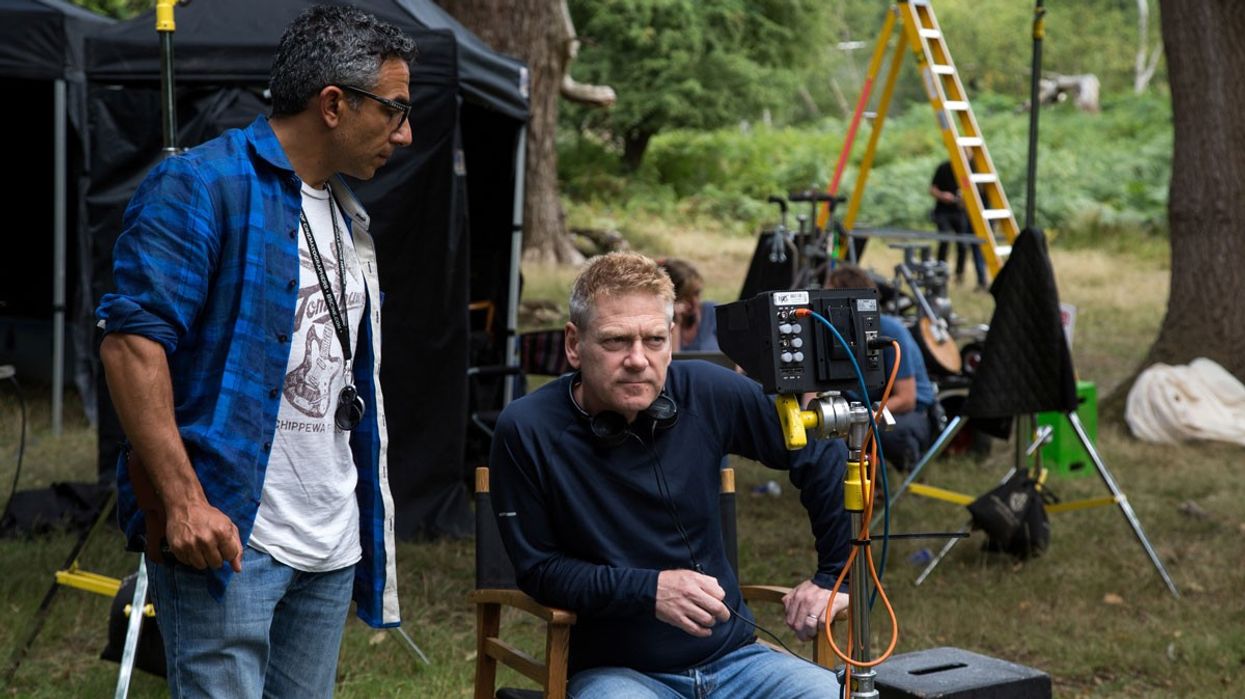3 Thoughts on the Collaborative Relationship Between DPs and Directors
One of the most crucial and rewarding relationships a DP will have is the one between them and a director.

The relationship between a director and a cinematographer is such an important one. Not only are the two planning the logistics and overall look of the film, but they're (hopefully) learning more about their crafts through creative collaboration. Many different aspects of this dynamic partnership are discussed by DP Haris Zambarloukos in this video by Cooke Optics TV, specifically about all of the great things he learned from working with director Kenneth Branagh.
Here are a few helpful takeaways from Zambarloukos.
Consistant partnerships have great rewards
Nurturing a consistent collaborative relationship with a director has so many benefits, but one that Zambarloukos mentions is forming a strong reliance and confidence in each other's abilities. That trust not only gives you space to create, but it gives you the boldness to ask for advice when you need it as well.
Lengthy pre-production can be good for the both of you
According to Zambarloukos, having a long time to prep allows both the DP and director to come up with ideas organically, bypassing the pressure to come up with a "breathtaking idea." Instead, you and the director get to brainstorm to your hearts' content, allowing yourself the time needed to come up with something original, rather than looking at what other people are doing in order to save time.
3 rules for the set
Zambarloukos shares some some insight Branagh shares with actors who seek his professional advice, and although it's meant for actors, it also makes sense for everyone working on set. He says:
Be on time, be polite, and know your lines. Everything else is luck—those three things are unbreakable rules.
The great thing about this little nugget is that it doesn't say "be the best" or "have the most talent" or "make sure you know every single little thing about everything." It's about respect and knowing how to do your job, be it knowing your lines or knowing where to put your camera.
Source: Cooke Optics TV











